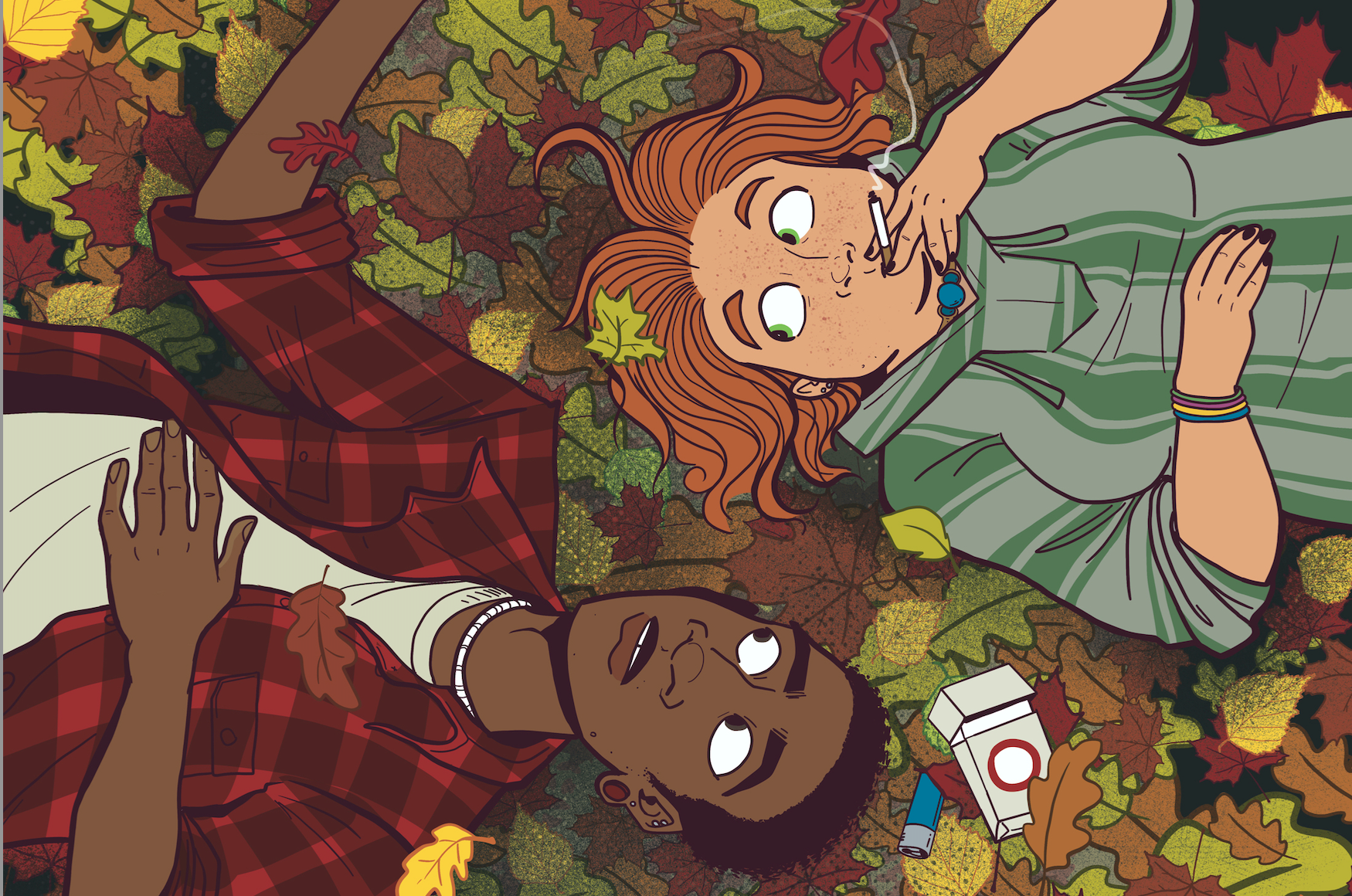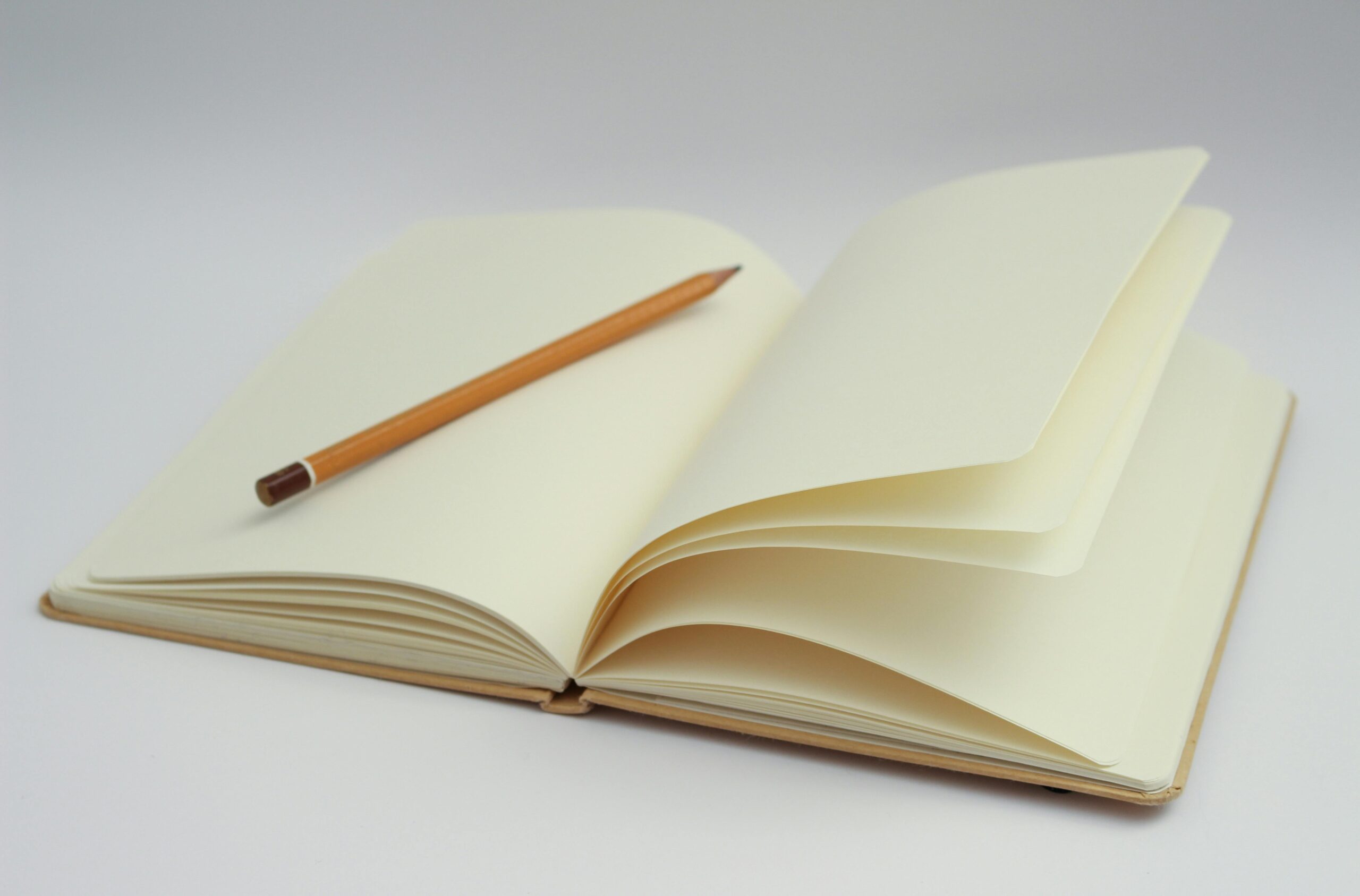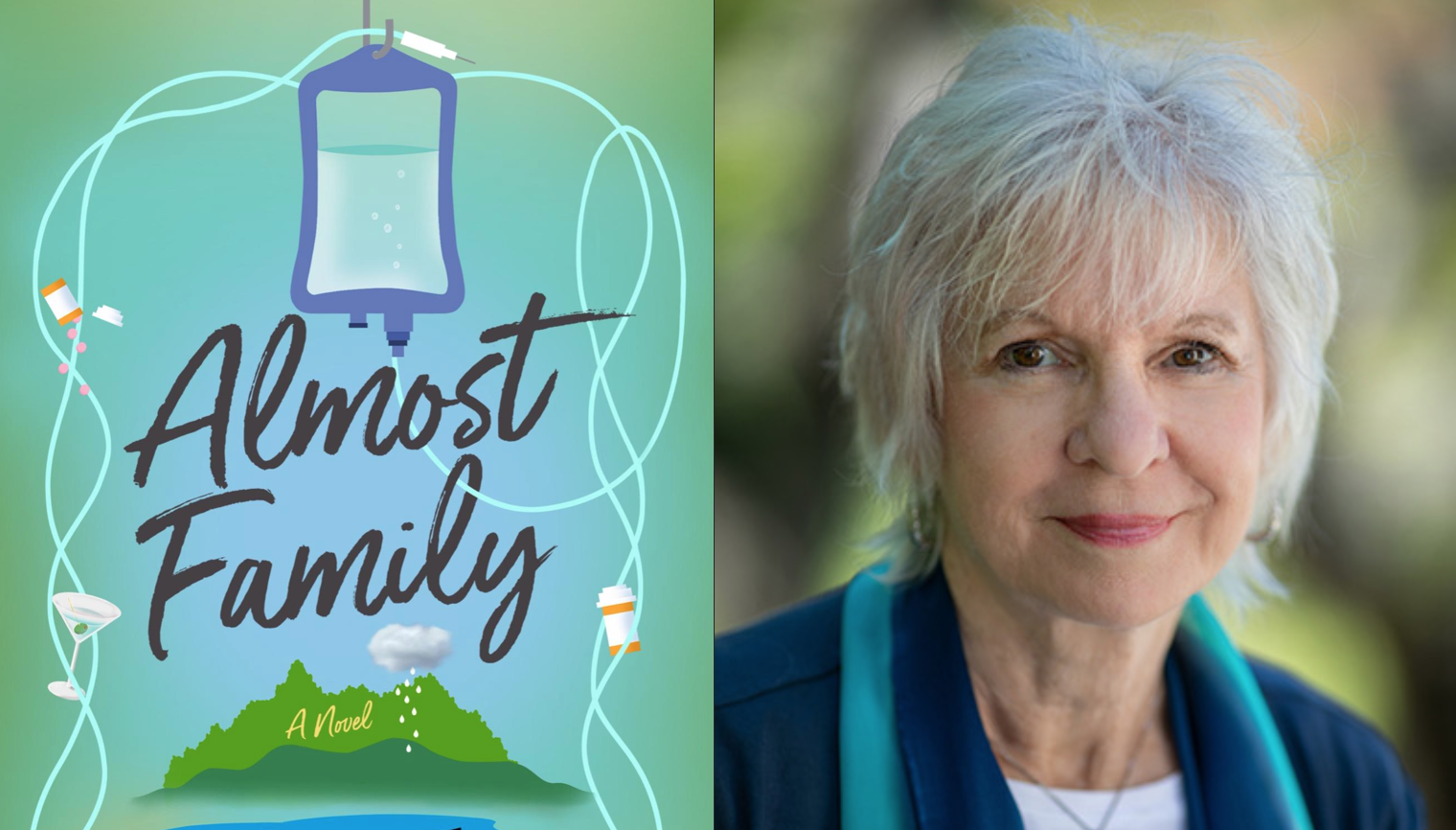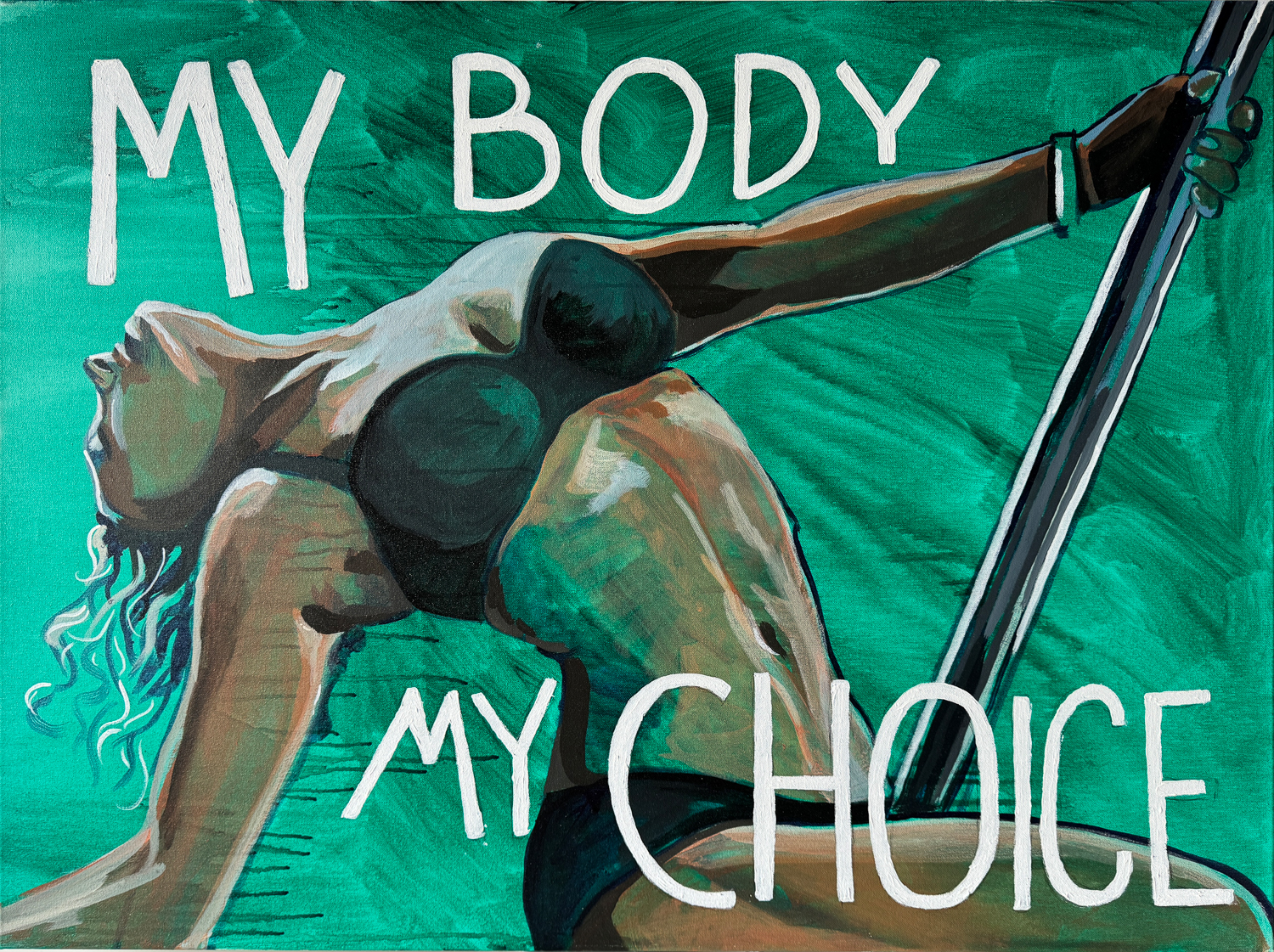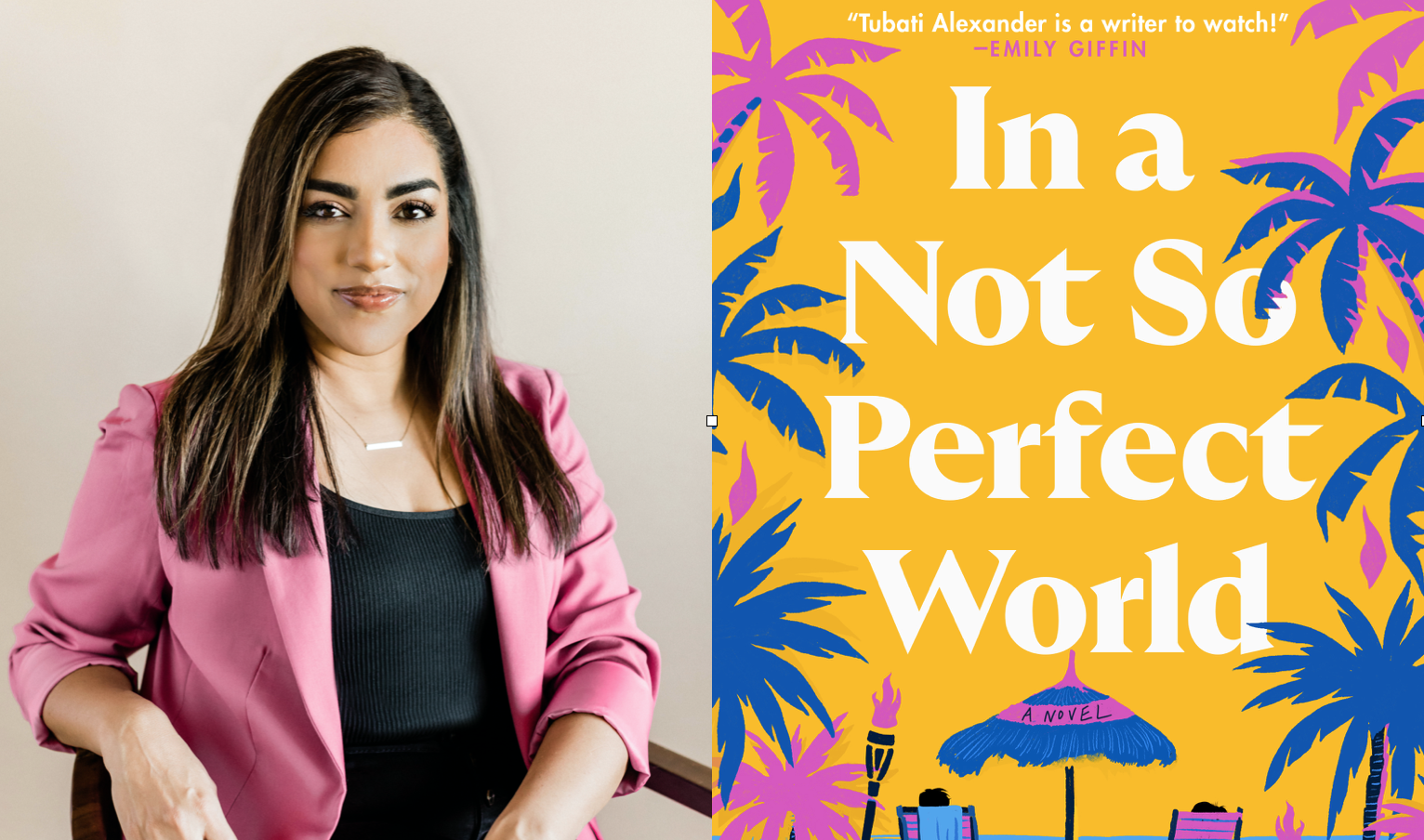
Imagine if you found out that someone you loved had a dark past. That happened to author Gabrielle Robinson, as she tried to reconcile the grandfather she knew with his complex past in her memoir ‘Api’s Berlin Diaries’ (She Writes Press, September 15, 2020).
After her mother’s death, Robinson found two diaries her grandfather had kept while serving as doctor during the fall of Berlin 1945. He recorded his daily struggle to survive in the ruined city and attempted to do what little he could for the wounded and dying without water, light, and medications. But then the diaries revealed something that had never been mentioned in her family, and it hit Robinson like a punch to the gut: Api, her beloved grandfather, had been a Nazi.
In this clear-eyed memoir, Robinson juxtaposes her grandfather’s harrowing account of his experiences during the war with her memories of his loving protection years afterward, and raises thoughtful questions about the political responsibility we all carry as individuals. Moving and provocative, ‘Api’s Berlin Diaries’ offers a firsthand and personal perspective on the far-reaching aftershocks of the Third Reich — and the author’s own inconvenient past.
In a press release, Gabrielle talks about balancing historical and personal legacy in her book, and what she hopes readers will take away from reading this.
“For me personally, it was as if my grandfather was there talking to me across the decades and it confirmed how much I have learnt and absorbed from him. For the reader, I think the story works first of all on an immediate emotional and dramatic level. Then it also invites questions about the political responsibility we all carry. In the end I hope readers come away not with any easy answers but with an appreciation of what binds us all together,” she said.

Below is an excerpt from ‘Api’s Berlin Diaries’.
I never wanted to write this memoir. As a child growing up in Germany in the 1950s, I heard a few family stories about the war, but mainly there was silence. We did not talk or ask about the recent past. We wanted to forget it. The stories I did hear merge in my imagination with transient memories like half-remembered dreams. I see my mother and myself on a crowded railroad station platform, jostled by hundreds of people. I am two and a half years old, wrapped in a brown double-breasted coat against the winter cold. I can’t see beyond a wall of suitcases pressing around me and more feet than I have ever noticed before.
The shrieks, sobs, and shouts that fill the air scare me. I do not understand why my mother repeats constantly, sometimes shouting above the noise all around, “Don’t let go of the suitcase handle. Never let go. Keep your little hand tightly on the handle.” She herself is loaded down with luggage and has no hand free to hold on to me. It was February 6, 1945, and we were fleeing from Berlin after being bombed out of our apartment for the second time. None of us would ever live in Berlin again.
Another, much clearer memory comes from the winter after the war. We lived in one and a half rooms of a tiny farmhouse in Suderburg, Lower Saxony, to which my mother, my grandmother, and I had fled. The cottage did not have indoor plumbing. I remember not so much the cold and hunger of that time as the delight when Farmer Ohlde, who owned the cottage, dug into the pig trough to fish out the moist morsel of a potato for me. Even better, sometimes his old mother got up from her spinning wheel to dip the potato in salt.
Whenever Herr Ohlde had no handouts for me, my grandmother—I called her Nyussi, for reasons I can’t remember—took me outside. We passed the compost heap on the right and the pigs on the left to look for the beavers under the woodpile. Somehow we always just missed them. So Nyussi told me stories about their life. I can still hear her melodious, slightly accented German—she was a native Hungarian—and see her lively dark eyes as she began her story: “You see, Brielchen,” a pet name my grandfather invented, “the beavers are just beneath where we stand now, and they have warm and cozy burrows and a big larder stuffed with good things to eat.” I wondered whether they, too, enjoyed potatoes with salt.
As I looked all around for the sight of a beaver, Nyussi went on: “The beavers don’t care how cold the winter gets, for they always have this cozy hideaway.” I stared at the woodpile till my eyes hurt, but I never spotted a single beaver. When I got too chilly, Nyussi took me back inside and I crawled under the table, pretending it was a beaver burrow. I loved the beavers and their adventures underground.
Nyussi’s stories always delighted me and made me forget that I was hungry and cold. It was only much later, when I was in my forties, that my mother mentioned casually in a conversation that Nyussi had made up the beaver stories. There never were any beavers there at all. Even after so many years, I felt a pang of sadness and loss that has not entirely left me even now.
Apart from such snippets of memories, World War II was not part of my world and the silence about it did not bother me. When I was older, I realized that my mother, then my only surviving relative, did not want that subject brought up. Then, sixty years after the end of the war, I made two discoveries that reawakened the past and changed everything. The first brought the past back into my world in terrifying detail, and the second opened the floodgates to a torrent of questions about my grandfather, the Nazi era, and me.
In the summer of 2005, after my mother’s death, my husband, Mike, and I vacationed in her Vienna apartment. We had returned from a hike in the hills above the city, stopping at vineyards along the way. I was pleasantly tired and just wanted to relax with a book before going to bed. As I plucked Effi Briest, my favorite Theodor Fontane novel, from high up on the bookcase, two small objects tumbled to the floor. Picking them up, I saw that they were two notebooks bound in faded green cloth with agenda stamped in gold at the top of each. Curious, I flipped through the pages. They were covered from top to bottom in penciled writing. I immediately recognized it as my grandfather’s hand.
Seeing his tiny, precise lettering after so many years brought back a flood of memories. I had spent the happiest years, all too few, of my childhood with him, until his death in 1955. Api, as I affectionately called him, took me in when my mother could not look after me anymore. My father had been killed in the war, shot down over England in 1943 in his single-engine fighter plane, and my mother worked full-time in Vienna. I had been passed around and stayed with an
aunt, with my paternal grandparents, and finally in an Ursuline boarding school in Vienna, where I fell ill with scarlet fever. Even though at age sixty-four he himself was struggling to rebuild an existence in rural northern Germany, Api gave me a loving home and, for the rest of his life, was both father and grandfather to me.
I thought of the poems he had written for me to recite and the corrections he had made to my Latin grammar. I pictured Api as I had known him, a thin and tall man with cropped white hair who walked with a slight stoop. His bright blue eyes always seemed to be laughing, and his thin lips echoed the smile in his eyes.
I do not remember that Api ever raised his voice at me in anger. He invented all sorts of affectionate names for me, calling me Gabruschken, Brielchen, his little sunshine. When we had nothing after the war, he built me a dollhouse out of matchboxes with tiny doll figures made of bits of silver paper he had saved. It even had a hospital room where I was Api’s head nurse. I was delighted when he joined Nyussi and me at teatime for “the length of a cigar,” wearing his white doctor’s coat and filling the room with his good spirits.
However much he surrounded us with laughter and play, Api was chiefly concerned with teaching me the importance of learning, and of giving my whole attention to whatever I was doing, whether it was work or play. He had been brought up in the Prussian tradition of work and discipline, and he tried to instill these values in me as well. The only time he chastised me was when I was doing nothing, wasting time, without thought or feeling. I remember one summer
Sunday afternoon outside our apartment in Bevensen when I was eight or nine years old. I felt hot and lazy, and none of my friends were around. So I picked up a stick and dragged it along our dark brown slatted fence, listening to the rat-tat-tat it made against the wood. When Api saw this, he was upset. He scolded me, not for playing or for damaging the fence, but for doing something without engagement. And then he offered to build a kite with me.
Caught up in memories, I was not tired anymore. Sitting on the couch Api had bought for my mother when she got married in 1941, and which somehow had survived the war, I started to read. The diary began on April 21, 1945, in Berlin, where Api, age fifty-seven, served as a military doctor, with the rank of major. He was stationed in the central district, what the Nazis called the Citadel, near the Reichstag, the Brandenburg Gate, and Hitler’s bunker. Almost instantly, the enjoyable nostalgia of life with my grandfather was swept away by the terror he faced day by day. He lived under the howling of bombs and the heavy rain of grenade splinters. The familiar streets lay buried under mountains of rubble, twisted wires, burned-out streetcars,
and bomb craters. Acrid smoke and dust made it hard to breathe and transformed day into night. Together with other gray, emaciated survivors, many of them refugees from the East, Api tried to forge a path through this wilderness.
Without sanitation, and without water after they had drained the last drops from the heaters, he felt almost helpless to assist the wounded and dying in the medical bunker. The only light came from a few Hindenburg candles, bits of tallow in cardboard, and everyone took care to scoop up and reuse every fallen drop. Over all hung the stench of decaying bodies and excrement. Unimaginable.
“Just now I have been looking for spaces where one can at least have the sick sit down or lay them on the ground for the night, without doors or windows, but at least protected from rain and safe from grenade splinters, although cold without padding. Corpses lie in a chapel of the Ziegelstrasse Clinic, for the most part without clothes, men and women together in layers.”
Reading late into the night, I felt as if, years after his death in 1955, Api was there, speaking to me and helping me understand him much more intimately. I now saw him at his most desperate, when his existence had shrunk down to paralyzing anxiety, with only the slenderest ray of hope to keep him going. On almost every page I also saw his love for me, his three-year-old fatherless granddaughter, and I anxiously followed his mental and physical deterioration. Witness to daily horrors, he was driven to the point of collapse. And he felt so desperately alone, unable to communicate with us. His best company was the swifts and swallows he watched circling over the ruins. They, too, had become homeless.
Finally, long after midnight, worn out emotionally, I had to stop reading. But I resolved to translate the diaries and tell Api’s story. Of course, I was aware that my grandfather was not an important historical figure, just an ordinary German who lived in central Berlin at a crucial time. But his experiences would, I hoped, add firsthand details to one of the most dreadful times of the twentieth century. So, when we left Vienna, I carefully wrapped up the diaries and took them with me to South Bend, Indiana, where I would have time to read and transcribe them.
Back home, I set to work immediately. Always a writer, Api had furnished an eloquent testimony of his experiences in 1945. I began to understand how his diary was an attempt to cope with the horror of war and a refuge in the maelstrom of chaos and death. It served as a lifeline to a saner and more humane existence, a world that was all but lost. He clung to the hope that at some happier time in the future we would be able to read these notes, “although,” he admitted, “they are paltry in relation to the shocking force of my inner experiences.”
I followed the days and weeks of Api’s nightmare. The war finally ended on May 9, but his situation did not improve. The Soviets took over central Berlin, and the misery, fear, and starvation continued. They who had suffered so much at the hands of the Germans and who themselves were destitute plundered and raped their way through the ruin of a city. It was at this point, even more than during the inferno of the war, that Api was at his most desolate.
Even his faith, which had always been strong, deserted him, and he contemplated suicide. He was not alone in this despair. It got so bad that the newly installed gas lines in a suburb east of Tempelhof Airport had to be shut down again because too many people used the gas to kill themselves. According to historian Ian Kershaw, 3,881 people committed suicide in Berlin in April and May 1945.
As I worked my way through the diaries, an abbreviation appeared more and more frequently. It was two letters: Pg. I recalled dimly that this might—no, must—mean Parteigenossen, party members. Surely not my grandfather?
And then I made my second discovery. Api had been a Pg, a member of the Nazi Party, the National Socialist German Workers’ Party. I had not known this. It had never been mentioned in my family. I sat there with a pounding heart, saying to myself over and over in the crudest and most shocking terms, “Oh my God, Api was a Nazi!”

Gabrielle Robinson tells stories about people that reveal their personal situation within its historical context. One reason for her fascination with the intersection of the personal and historical stems from her own experience. Born in Berlin in 1942, her father’s fighter plane was shot down over England in 1943; after her family was bombed out twice, they fled Berlin in 1945, the beginning of a string of migrations that ended in the US. Gabrielle holds an MA from Columbia University and a PhD from the University of London. She has taught at the University of Illinois, at Indiana University South Bend, where she now lives with her husband. Learn more about Gabrielle and ‘Api’s Berlin Diaries’ at https://www.gabriellerobinson.com/.











